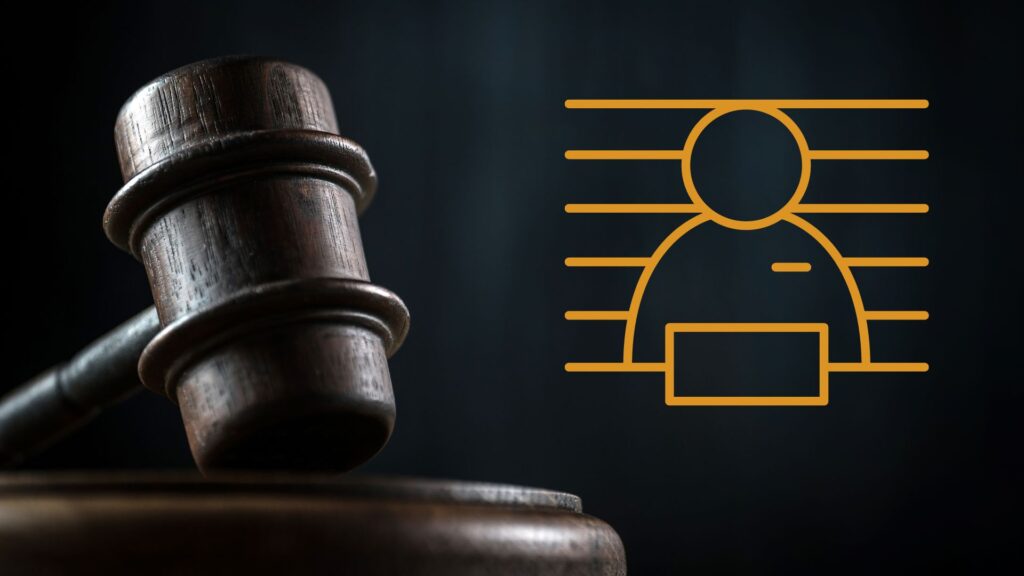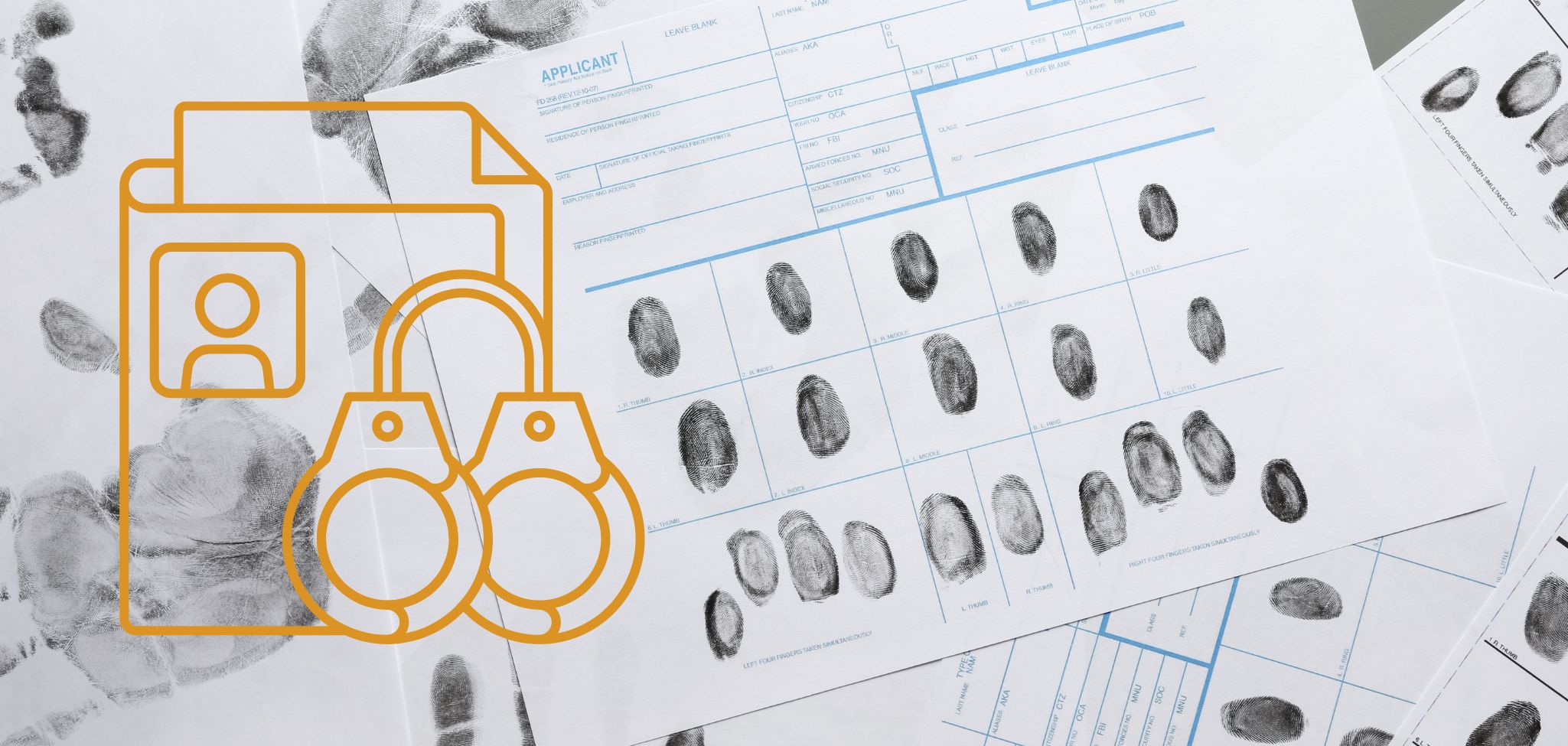Criminal Law is the body of law that encompasses everything that relates to crime. Criminal Law governs criminal offences, regulates apprehension, charges and trial of alleged criminals, as well as controlling the penalties and treatment of convicted offenders. Criminal Law is applied throughout society in order to protect the security of every individual. Criminal Laws and Criminal Statute operate to ensure the criminal justice system is upheld.

Principles of Criminal Law
There are four main principles that are prevalent within Criminal Law and relate directly to the offenders criminal behavior.
The presumption of innocence
This principle is possibly the most important out of the four. The basis of our system of criminal justice is that a person, although charged with an offence, is considered innocent until proved guilty of the offence. The fact that a person has been charged does not mean that she or he is guilty, and any discussion of the charge should make it clear that at this stage the offence is only alleged.
BURDEN OF PROOF
The burden of proof is a legal standard/duty that requires a party to provide evidence to demonstrate that a claim is valid as well as the legal requirement to establish who responsible for presenting evidence that proves or defeats a claim. It is an essential element of criminal law and criminal justice.
In criminal law, the prosecution bears the burden of proof. It is their priority to gather evidence and further information that may help them prove the burden of proof and proceed to the sentencing process in certain circumstances. This rule applies in all criminal trials, although sometimes is up to the defendant to give evidence of a certain point in the defence case. The prosecutors have the task of proving whether or not the defendant is guilty of the offence they are alleged of doing. For the defendant to be found guilty of an offence, it must be proved beyond reasonable doubt. It is not up to the defendant to establish her or his innocence.
Right to Remain Silent
The right to remain silent is a legal principle which guarantees any individual the right to refuse to answer questions from law enforcement officers or court officials. It is an essential element of criminal justice. Generally a person is not required to answer police questions. However, there are some exceptions to this rule, such as Drivers of motor vehicles are also required to give their name and address. The right to remain silent can be an integral aspect that may effect the defence of your case.
Double Jeopardy
This principle ensures that no one convicted of a crime can be punished more than once for the same offence and that no person ought to be placed twice in jeopardy (at risk) of being convicted. The protection afforded by this principle in Australia is not absolute.
Elements of a crime
Most Crimes consist of two broad elements; Mens Rea and Actus Reus. To constitute criminal behaviour, both elements must be established and present at the time of the offence.
Mens Rea – Translated from Latin, means ‘Guilty Mind’. It refers to the mental state of the accused at the time of the offence. When trying to establish the elements of a guilty mind, it will depend on the nature of the offence, the type of criminal activity and whether or not he a person is accused of specific crimes. It can also include, intention, foresight, knowledge or awareness. Depending on the criminal conduct that is alleged, a combination of these elements may be incorporated to establish the ‘guilty mind’ of the accused.
Speak to a lawyer today
Offences in which 'guilty mind' is presumed to be present, unless, and until material is advanced by the defence of the existence of honest and reasonable belief that the conduct in question is not criminal, then it is the responsibility of the prosecution of proving the burden of proof.
The guilt of a person is established by the objective ingredients of the offence, and mens rea has no part in the committing of the offence.
Actus Reus – Actus Reus is known as the ‘criminal act’. It refers to the act or omission that comprise the physical elements of a crime as required by statute.
As an important aspect of criminal procedure in a criminal trial, the prosecutor must put these definitions together to show both that a defendant:
- has committed a physical act (which can also extend to include a failure to act as required by law)
- possessed the required mental state to be proven guilty of a criminal offence.
For example, to be found guilty of murder a prosecutor must show that the defendant killed a person and that they intended to cause their death.
In a nutshell...
Indictable offences are serious offences that carry significant penalties and are heard in the Supreme or the District Court. Offences that are not indictable offences are known as summary offences and are dealt with in the Magistrates Jurisdiction. Indictable offences in New South Wales are governed by the Crimes Act 1900. The procedures for dealing with indictable offences are set out in the Crimes (Sentencing Procedure) Act 1999. Under Section 3 of the Criminal Procedure Act 1986, an indictable offence is an offence that may be prosecuted on indictment. Indictable offences include assault, stealing, fraud, murder, robbery and burglary. Some of these offences, such as stealing and theft, can be dealt with either summarily (in the Magistrates Jurisdiction) or on indictment (in the Supreme or District Court). Other offences, such as robbery, murder and serious sexual offences, may only be dealt with on indictment. Indictable offences may be dealt with summarily, which means the maximum sentence for the offenses committed is 2 years.

 (02) 8806 0866
(02) 8806 0866





